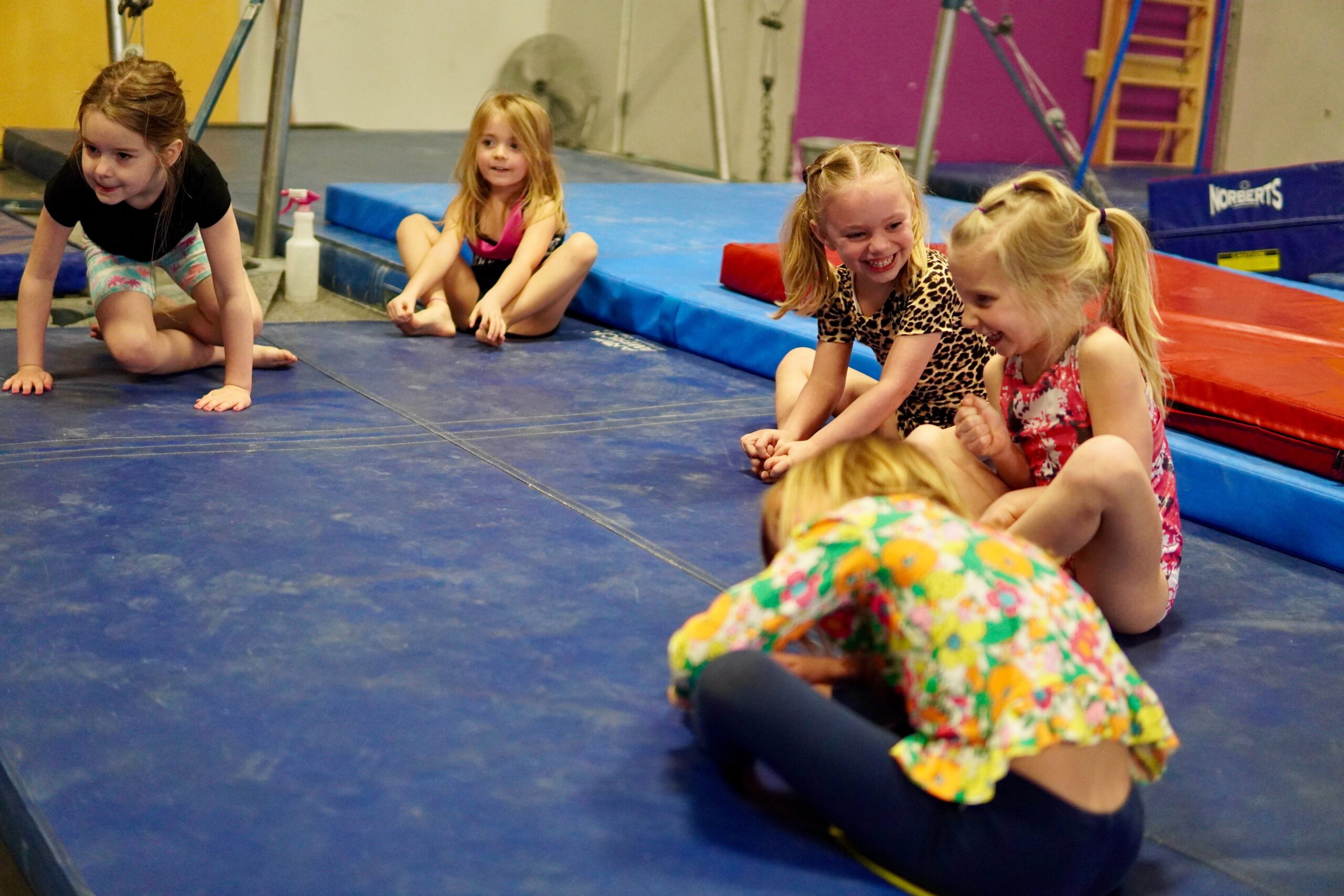There are many great reasons to use yoga with children. Yoga helps develop numerous skills that
our children need and will use throughout their life span. Years ago I took my first yoga for kids
continuing education course. We practiced many of the poses, stretches and breathing exercises as
well as fun ways to engage the children in the practice. It was many years later that I took my first
yoga class, needing to work on decreasing stress and helping with anxiety. Aging takes its toll on
your body in many ways. I had to practice listening to my body and the ways I learned to calm and
tune in were powerful. The class I was taking expanded to doing yoga on a stand up paddleboard
with improvement in my strength and balance. The skills I learned carried over in my practice as a
pediatric Occupational Therapist, as I felt in teaching self regulation skills I was missing helping
them find and listen to their own bodies cues.
Recently there has been such a big increase in children having difficulty regulating and attending in
the classrooms. More children are coming into the clinic experiencing challenges with managing
emotions or even identifying how they feel and what to do about it. Yoga can offer numerous benefits
to children, especially in terms of regulation and attention. Using yoga poses, moves and breathing
practices really supports learning about and listening to our bodies internal cues, clues to what we
feel, what helps that feeling, along with developing strength, balance and confidence to persevere
through life’s challenges. It is easily made fun and helps build connections with the children too!
Here are 10 reasons why yoga is good for children:
1. Mind-Body Connection: Yoga encourages children to connect their minds with their bodies,
fostering greater awareness of their physical sensations and emotions.
2. Stress Reduction: Yoga techniques like deep breathing and mindfulness can help children manage
stress and anxiety, promoting a sense of calm and emotional regulation.
3. Attention and Focus: Practicing mindfulness during yoga helps improve children’s concentration,
attention span, and ability to stay present in the moment.
4. Sensory Integration: Yoga poses engage various sensory systems, aiding in sensory processing
and integration, which is crucial for children with sensory processing challenges.
5. Motor Skills Development: Yoga involves a wide range of movements that can enhance children’s
gross and fine motor skills, coordination, and body awareness.
6. Self-Regulation: Through yoga, children learn self-regulation techniques such as controlled
breathing and grounding exercises that can be applied to manage emotions and impulses.
7. Body Awareness: Yoga helps children develop a positive relationship with their bodies and
enhances their proprioceptive and interoceptive awareness (sense of body position and internal
sensations).
8. Social Interaction: Group yoga classes offer opportunities for social interaction, cooperation, and
peer bonding, fostering social skills and a sense of belonging.
9. Language and Communication: Yoga sessions often incorporate storytelling and verbal cues,
promoting language development, receptive listening, and following directions.
10. Confidence and Self-Esteem: As children master new poses and challenges, their confidence and
self-esteem grow, leading to a positive self-concept and emotional well-being.
Here are a few fun yoga activities to do with your children:
By Pamela Vasiloff OTR/L
